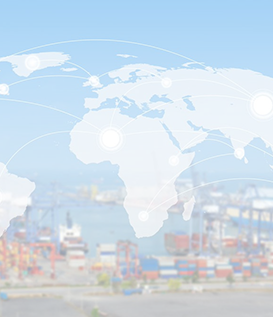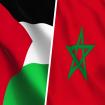
Nowadays, foreign trade has become one of the driving forces of economic and social development and a determining factor in growth strategies adopted by liberal States, in a context marked by the growing globalisation of markets and international exchanges.
Morocco is one of the early leading countries in Africa and the Arab world to have opted for the liberalisation of its economy and trade since the early 1980s. This strategic choice enabled Morocco to join the GATT Group in 1987 and conclude the Marrakesh Agreement in 1994, which helped to give birth to the World Trade Organization in 1995.
This policy has been enhanced by the adoption of a new generation of proactive reforms, which focused mainly on eliminating non-tariff measures both for imports and exports, simplifying the system of taxes on imports and rationalising the customs tariff. The strategy of opening and liberalisation of the economy pursued by Morocco has also led to the conclusion of a series of free trade agreements with the major trading partners such as : the European Union, the European Free Trade Association, the Arab countries, the United States of America and Turkey. Similarly, other draft agreements are currently being negotiated, notably with the countries of the Arab Maghreb Union and the West African Economic and Monetary Union. These agreements emerge as a main tool of the strategy of openness designed to strengthen the country's integration into the world economy and its regional environment.
This choice of openness is constantly renewed and adapted to the changes in the national and international business environment, through the Government's commitment to implement a new generation of reforms that have been launched in the early 2000s, which resulted in the development and implementation of a new strategy for developing and promoting exports
As a result, the development of foreign trade has become an essential component of the general economic policy of Morocco which aims to modernise the production structures in the context of the new sectoral and horizontal strategies designed to enhance the competitiveness of Moroccan exports, integrate the country into complementary and dynamic regional hubs and diversify the international trade relations.



